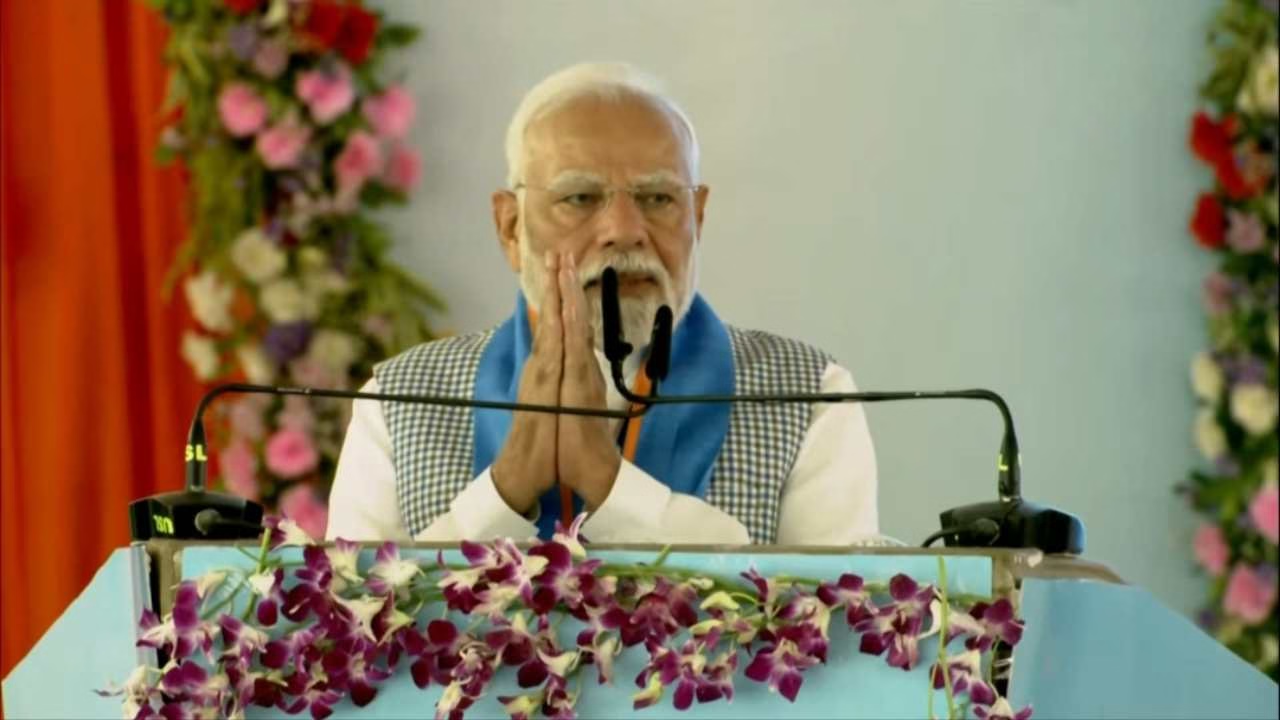Waqf Amendment Act 2025: After receiving approval from the President, the Waqf Amendment Act 2025 has come into force across the country. This law brings comprehensive changes to the Waqf Act of 1995 and considered a significant step toward making waqf management more transparent, inclusive, and accountable. It includes five major changes, from granting property rights to women to reducing legal disputes.
Following the approval from President Droupadi Murmu, this law has been enacted under the name “UMMEED Bill 2025”, which amends the Waqf Act of 1995. Key changes include allowing non-Muslims and women to be part of waqf boards, permitting judicial intervention in property disputes, and increasing transparency in waqf administration. While the government calls it a move toward an inclusive and accountable system, the opposition views it as an attack on the autonomy of religious institutions.

Waqf Amendment Act 2025: 5 Major Changes
The Waqf (Amendment) Bill 2024 triggered intense political debate in Parliament. The opposition criticized it as interference in the religious freedom of minorities, while the government defended it as a step toward transparency and accountability. The bill passed in the Lok Sabha by a margin of 288 to 232 and was also passed in the Rajya Sabha the next day, despite resistance.
Major Changes Under the Waqf Amendment Act 2025. The act introduces several important reforms aimed at making waqf management more inclusive and transparent:
- Inclusion of Non-Muslims: Non-Muslim members can now be appointed to waqf boards, although the presence of at least one Islamic scholar remains mandatory.
- Mandatory Women Representation: At least two women must be included in both waqf boards and councils.
- Verification Before Declaration: Before any property is declared as waqf property, proper verification will be required to avoid disputes.
- District Collector’s Role: The District Collector is now responsible for surveying waqf properties and ensuring ownership.
- Inclusive Decision-Making: Participation in decision-making will now include non-Muslims, Pasmanda (marginalized) communities, backward Muslims, and women.
Additionally, any person donating property to a waqf must have been a follower of Islam for at least five years.
These provisions aim to ensure transparency, inclusivity, and accountability in waqf institutions.
Women’s Rights and Property Management:
- Inheritance Rights for Women: Under Family Waqf (Waqf-al-Aulad), Muslim women will now have inheritance rights. They will be entitled to property from both their paternal and in-laws’ families. Widows, divorced, and orphaned women will be legally assured of their share.
- Property Status Clarity After Verification: Properties legally registered as waqf will remain so, provided they are not disputed or categorized as government property.
- Reduction in Legal Complexities: The Limitation Act of 1963 will now apply to waqf properties, which is expected to reduce long-standing court cases.
- No Blanket Declarations: An entire village cannot be declared waqf property, and property cannot be considered waqf solely based on claims.
- Audit Requirement: Waqf institutions with an annual income above ₹1 lakh must undergo mandatory yearly audits to ensure financial transparency and accountability.
Global Comparison:
The Waqf Amendment Act 2025 reflects a progressive shift in India’s waqf administration, emphasizing transparency, accountability, and inclusivity.
- Like Turkey and Saudi Arabia, India has also mandated centralized digital registration for waqf properties.







